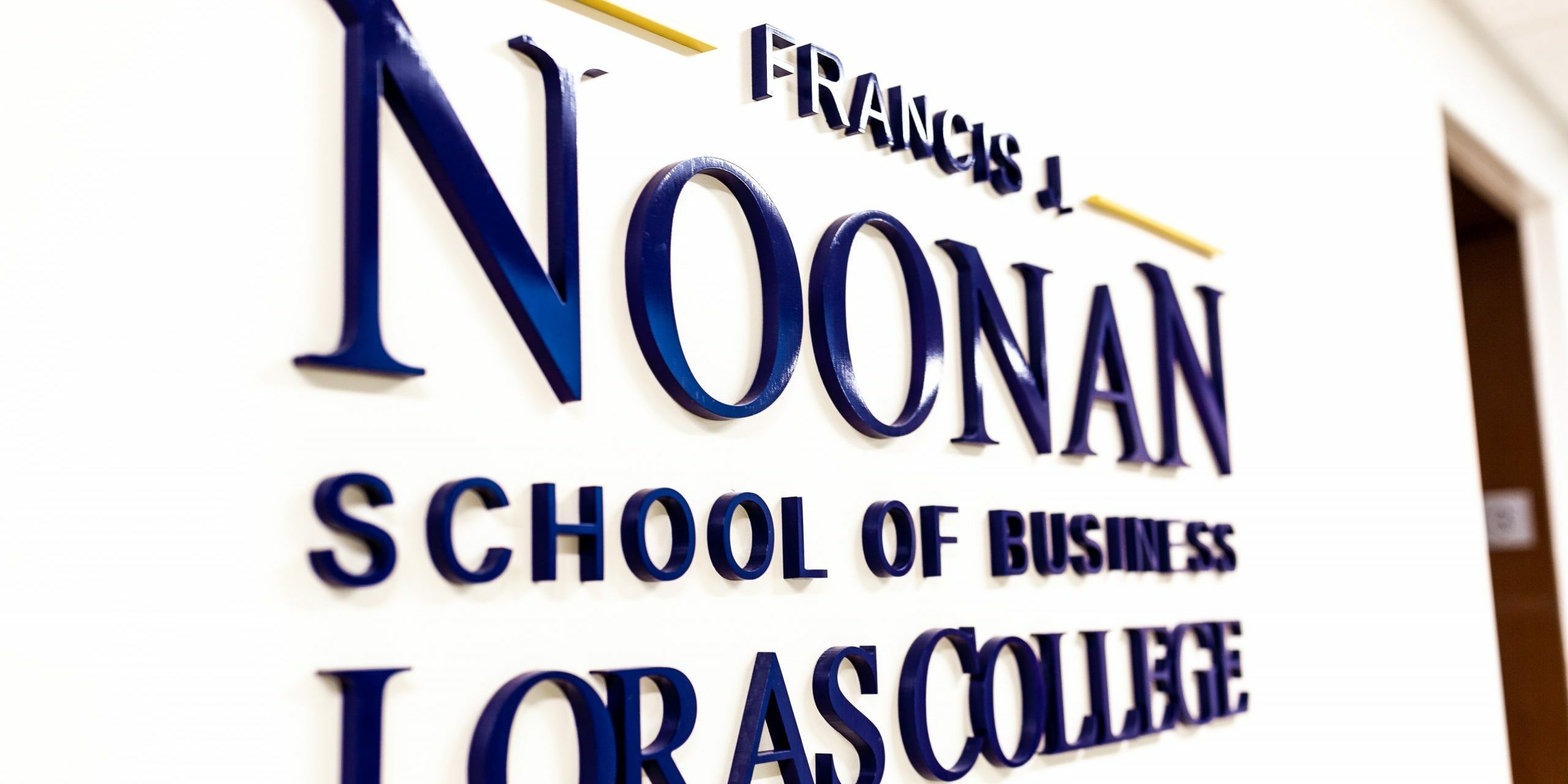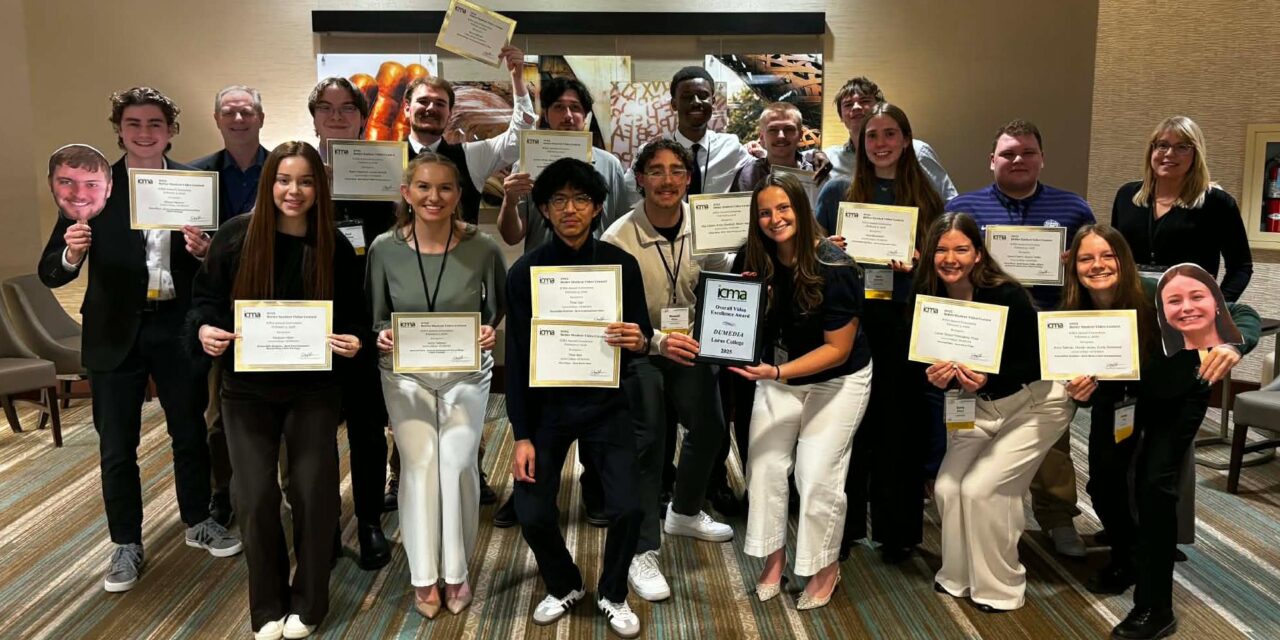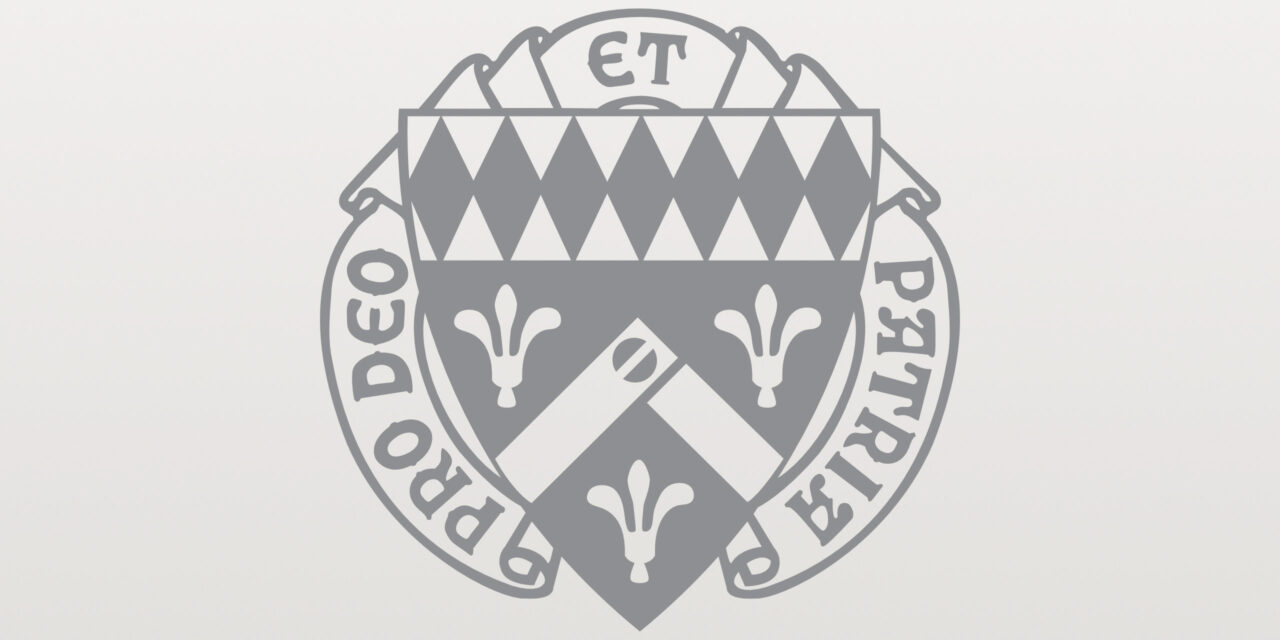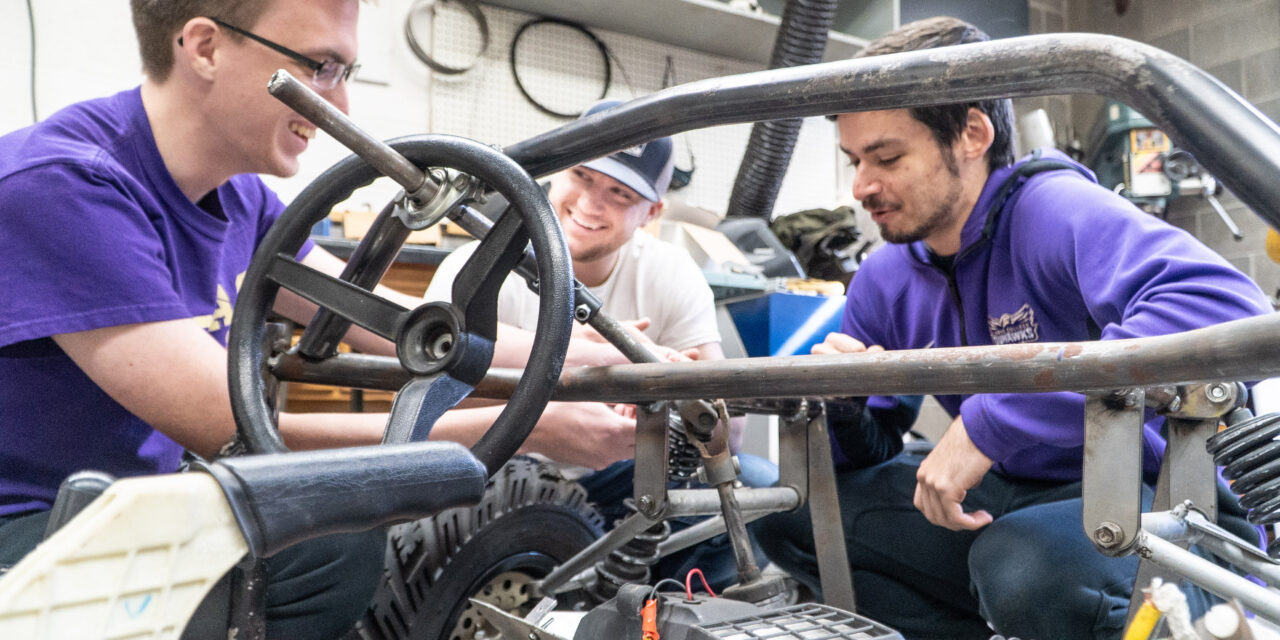By the time they earn their degree, students in Loras’ master of science in applied analytics program are finding they are able to translate their knowledge into a community benefit.
Each student in the program finishes their coursework with a capstone project. Working in groups, they consult with clients from the region to work on real projects sourced from the community. In each case, an organization will bring projects to Loras and the students will work with them over fourteen weeks to lend their expertise.
“The capstone experience for the analytics program is the point where everything comes together for the students,” Robert Keller, PhD, applied analytics program director, said. “As happens in the real world, sometimes the projects evolve and change. They may begin with one direction in mind and it organically morphs into something else due to new information or changes brought to the table by the client. It is up to the students to adapt with those changes.”
One of the significant partners in these projects is the Greater Dubuque Community Foundation, which works with Loras faculty to find suitable partners for these projects. In fact, the foundation even served as a client as students worked with them to investigate food insecurity in the area. For their part, Loras students worked on data collection and modeling.
According to Keller, it’s projects like this that really inspire the students.
“A number of the students become excited about these projects because they are beneficial to the community. Even if they aren’t from Dubuque, they see value in giving back to the community through their efforts,” he said.
What makes these capstone projects significant is the real-world application of what they have learned through the program. From working with a local brewery and insurance company, students not only see how their data analysis translates into real business, but they are able to develop critical skills to help them both gather the necessary information and effective share out the results of their findings.
“You can see in these projects, they are developing the communications skills around data—how to communicate what data they need from the client and what they are finding through the data to make them meaningful. If they aren’t asking the right questions, they may not be using that data in the best way,” Keller said.
One capstone project has also directly assisted the Dubuque Community School District.
In 2022, Loras students created a predictive model for at-risk students and set up a dashboard that would report out the risk factors for those students. The district supplied data to work with containing nearly eighty variables. Using that information, the group had to determine which factors are statistically significant in predicting dropout behavior. Ultimately, they provided an easily-modifiable template for the schools to use and tweak to make work for them.
“What is really fun when working with data is when you can apply it to the real world and see how you can make a difference,” Keller said. “I can see how the students can derive energy from it.”
The master of science in applied analytics degree is offered in a flexible, fully online format that can be completed in either one or two years. Students may begin the program in spring or fall, and financial aid is available. To learn more or apply for free, visit loras.edu/applied-analytics.




